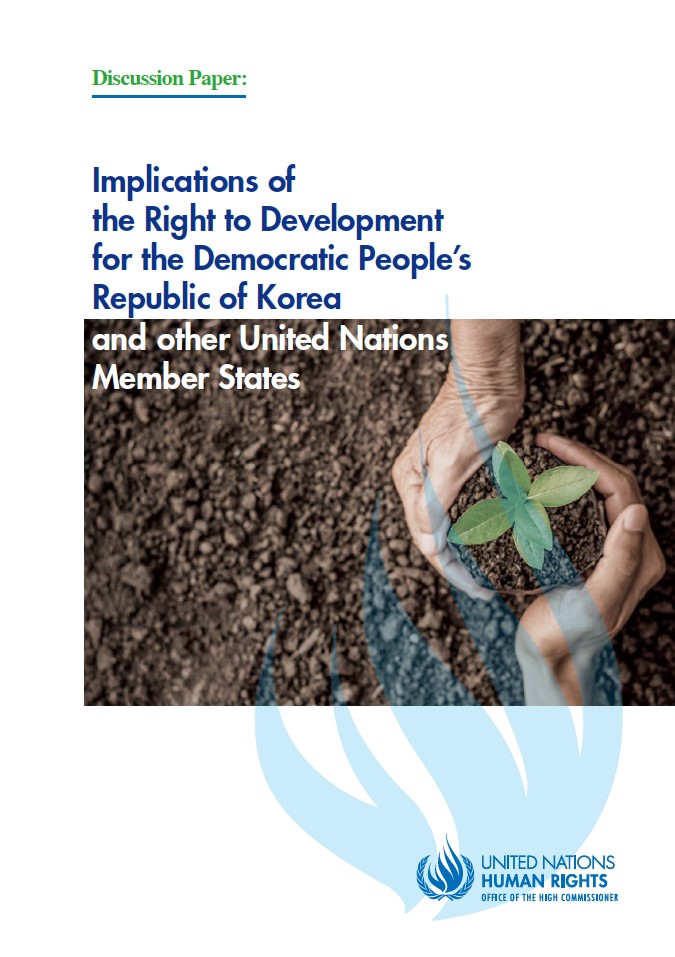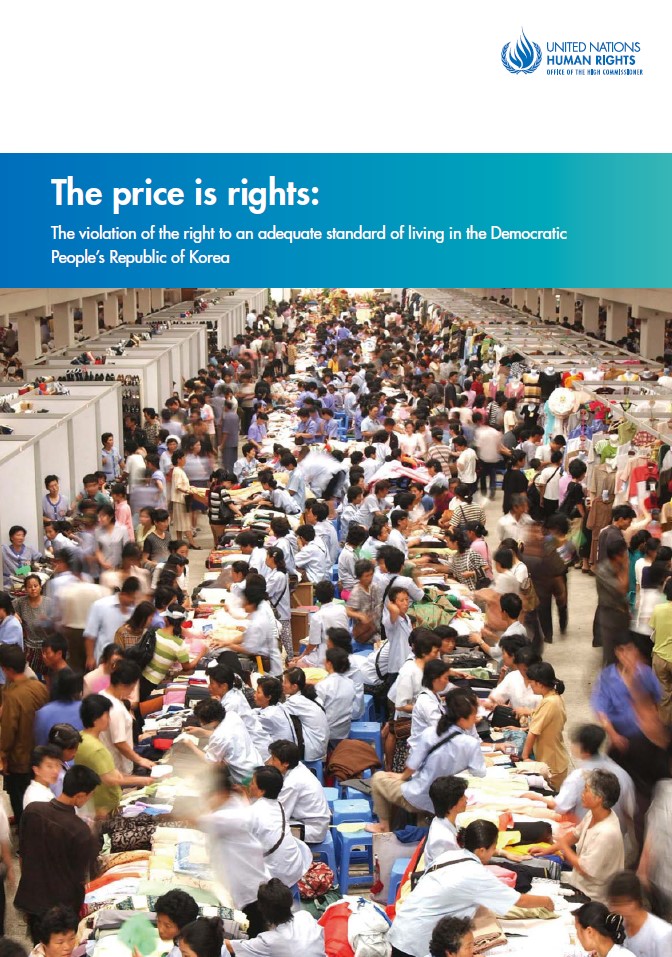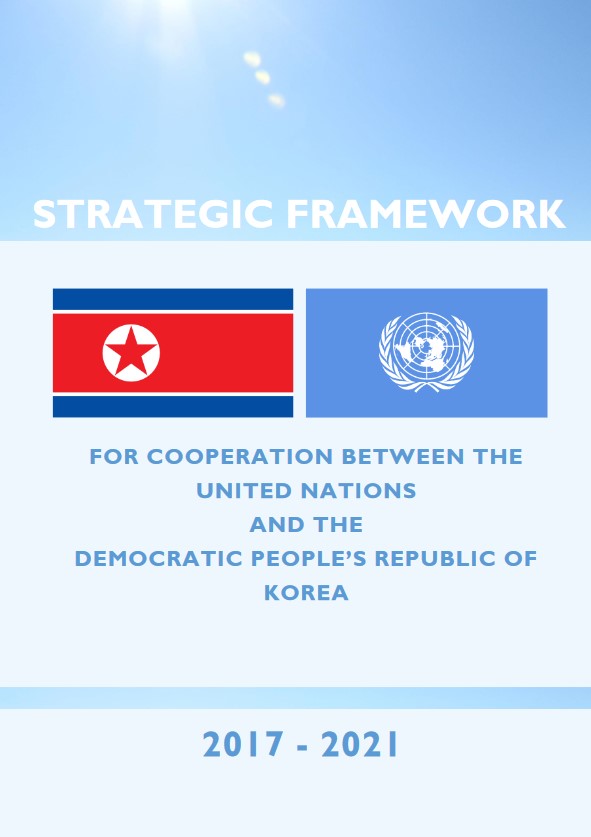United Nations humanitarian agencies report that more than 40 per cent of the population of the Democratic People’s Republic of Korea continues to remain food insecure or suffer from malnutrition. The government’s public distribution system has not been functioning since the early 1990s. Many people therefore engage in small-scale private market activities to survive, which is not fully legal, exposing them to further risks of extortion, arrest and prosecution. People continue to attend state-assigned jobs which may be paid very little or not at all, with the payment of bribes the only means to escape this requirement. While official statistics indicate close to universal enrolment in primary education, OHCHR continues to receive reports indicating that children from economically disadvantaged families, in particular in rural areas, drop out of school for economic reasons. Outside main cities, the population has access to only rudimentary healthcare, and health facilities often lack medicine, equipment and expertise. Diarrhoea and pneumonia remain the leading causes of death among children under-five. Lack of reproductive health care has resulted in a high maternal mortality rate. Corruption is widespread amongst State officials. Prolonged COVID-19 prevention measures have resulted in a drastic decline in trade and commercial activities and severe economic hardship to the general population.

Implications of the Right to Development for the DPRK and other UN Member States


The UN Strategic Framework (2017-21)
